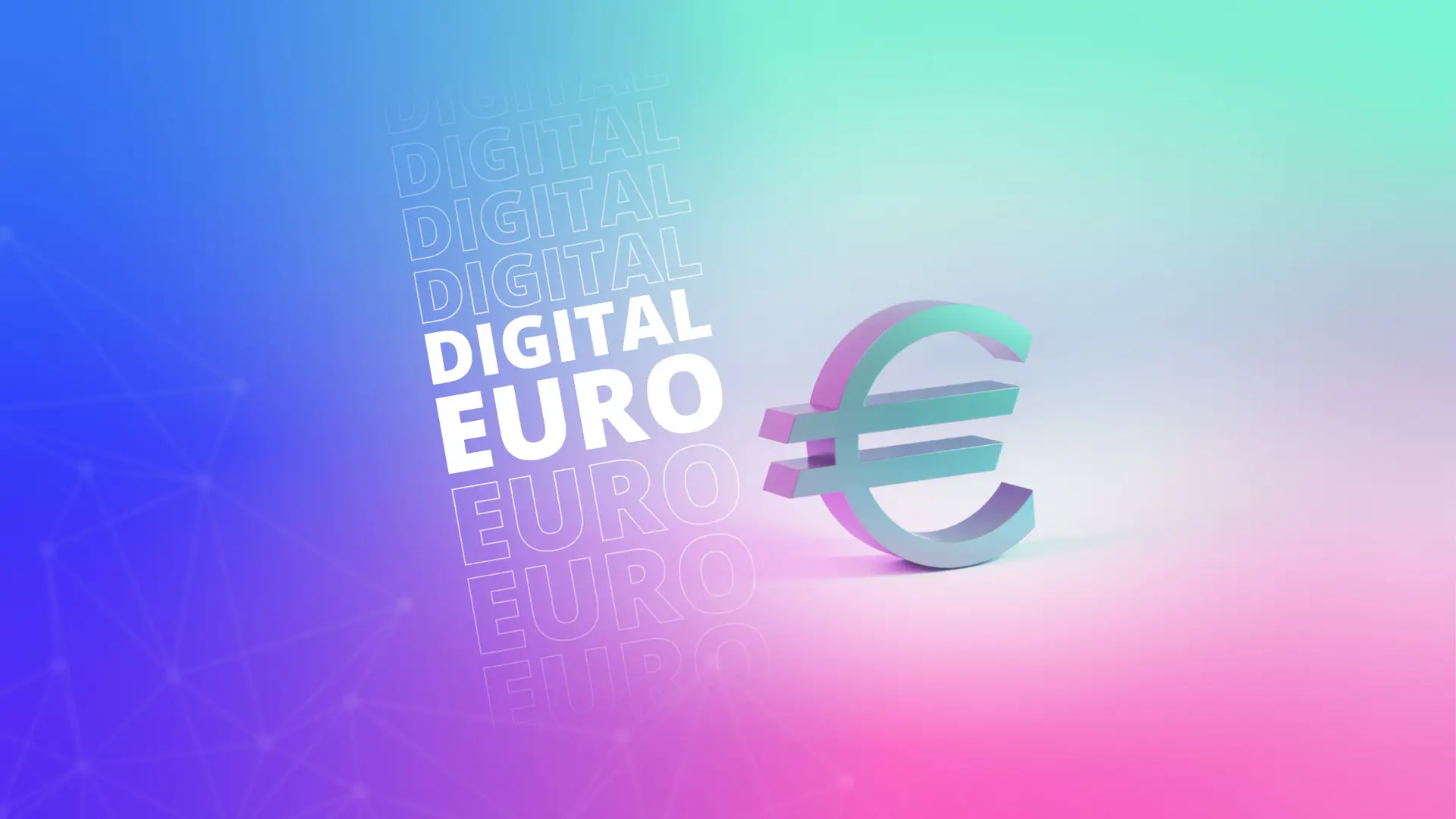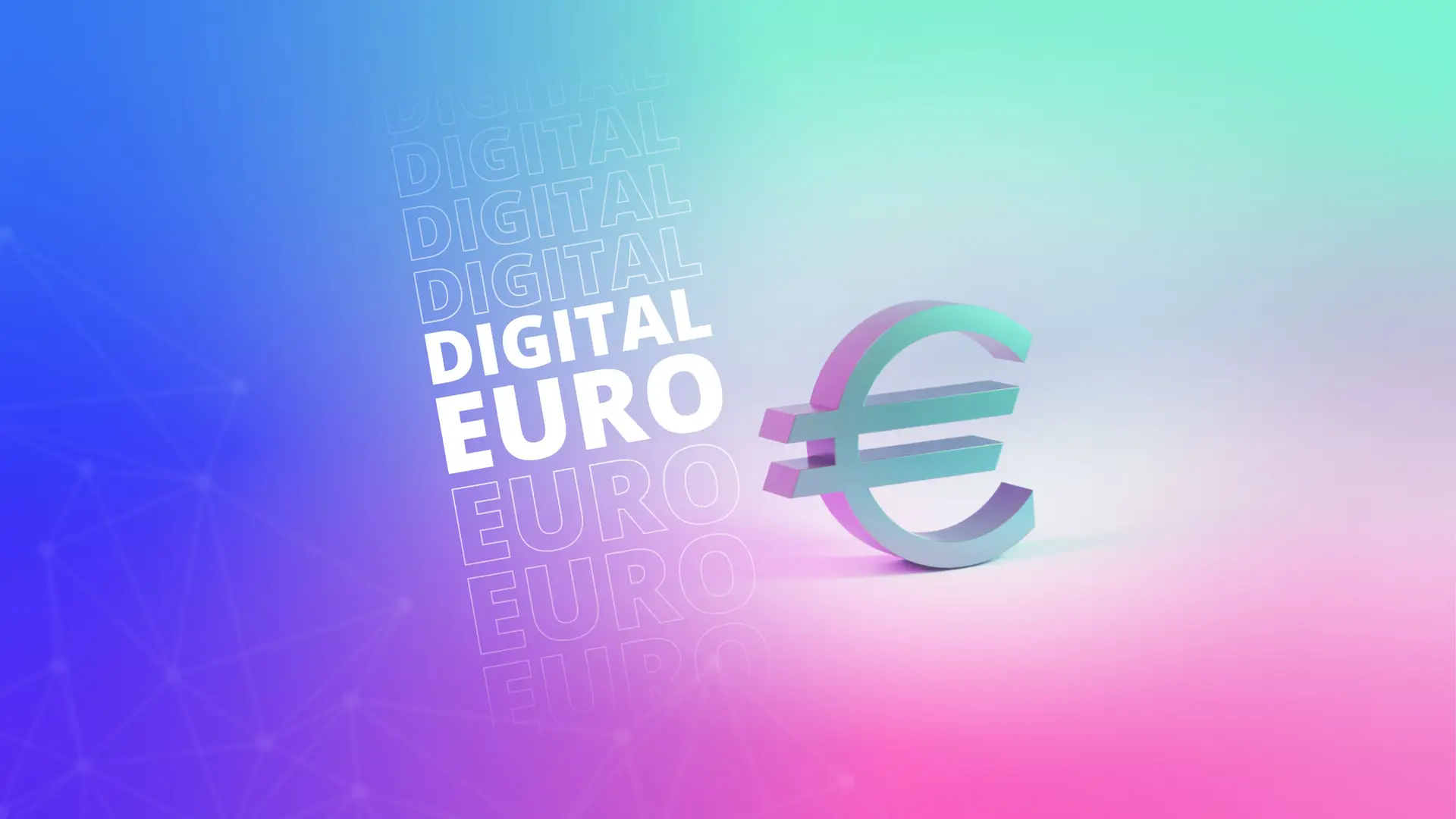I'm going to use a personal case, now.
I can get an instant transfer, within borders, two ways, in my EU corner:
a) I use account to account immediate transfer order, where I can pay anything from a few cents to a few euros, depending on bank
b) I can use a national subsystem, where phone numbers are used, and pay a few cents
But doing this, even within EU borders, is, to my knowledge, border line impossible, with current systems.
IBAN, BIC and SWIFT do exist but transfers through those channels can take days and be very expensive.
My country ordered all national banks, still in the very early eighties, to get their acts together, and find a way for people to access their accounts, pay services, receive and transfer money, regardless the bank they had their account. Thus it was created Multibanco, a service network, built, paid for and maintained by all banks working on my country.
The eEuro closely resembles this concept, in my understanding.
The eEuro becomes a parallel subsystem, vouched for, surpervised and controlled by and through legally binded institutions, without the need to force federalization of european bank systems.
The ECB issues eEuros, which you can exchange your conventional Euros for, through your bank account, but only use through the eEuro network. It's the ECB managing all those movements, not every single country (veilled federated banking), thus it can bypass a huge amount of beaurocracy.
I can imagine this system as a precursor to something a lot bigger, like a world unified payment system. Individual creators and professionals could greatly benefit from it, using it to directly receive payments and donations

